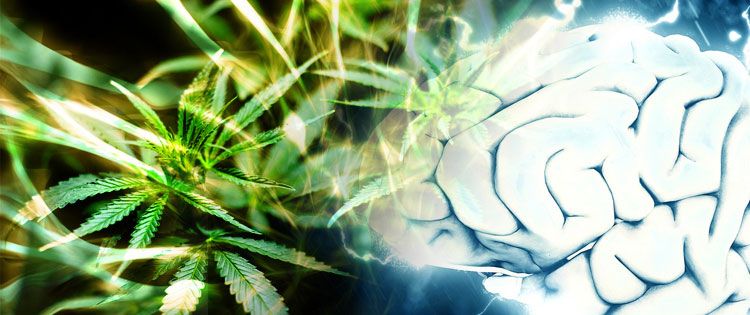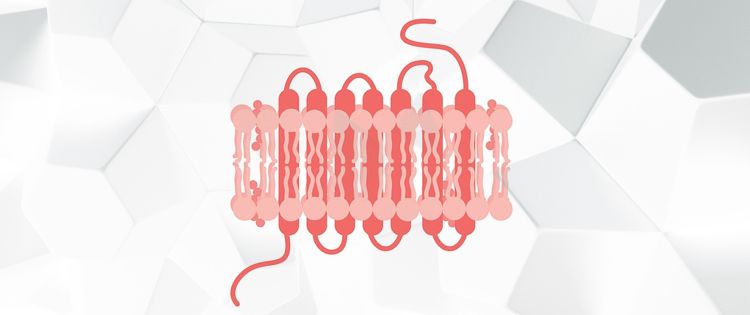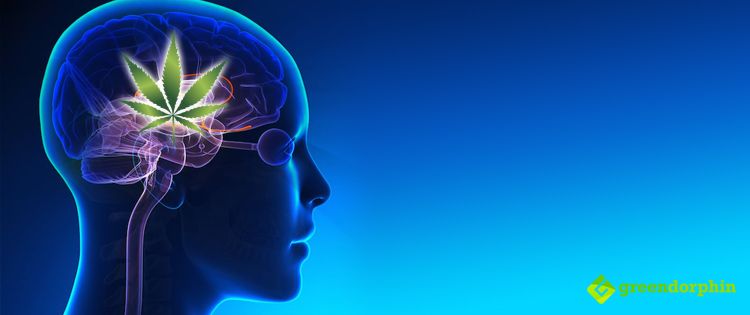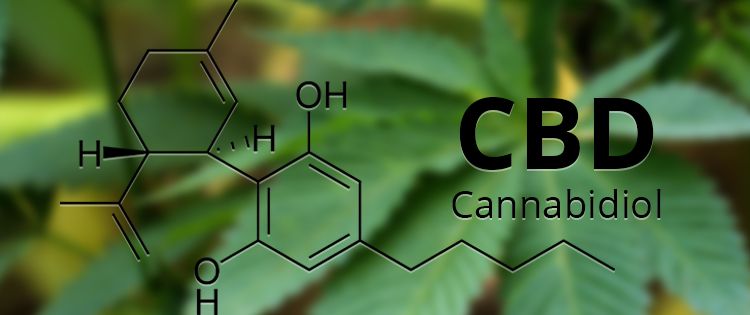Cannabidiol (CBD) has gone from being a total unknown to a worldwide phenomenon in the space of a few short years.
Many people are wildly excited about this cannabinoid, which is derived from plants in the powerful and unique cannabis family. While you can get CBD from psychoactive cannabis, it is primarily being sourced from hemp (Cannabis Sativa L.), because the low concentration of THC means it’s not as restricted.
The relaxation of hemp laws – thanks to the 2014 and 2018 Farm Bills – has set the foundation for a flourishing hemp-based CBD industry, with oils, tinctures, e-liquids and more being marketed as food supplements. But many people are finding that wholesale CBD products are effective natural medicines, too.
However, frustratingly, so little CBD research has been carried out since the cannabinoid was first isolated in the 1960s, that we know very little about its genuine medical potential. But people are already using CBD and, by all accounts, successfully.
So, while we’ll have to wait for the scientists to confirm the benefits of this non-psychoactive substance, we can begin to piece together the gigantic puzzle of what CBD helps with by looking at the reasons why people are taking it.

Using CBD for Mental Health Problems
Thankfully, experts for a study published in Cannabis and Cannabinoid Research have done all that painstaking research for us, compiling the biggest survey yet of CBD users.
They asked 2,409 CBD consumers what sort of products they were using, and why they were taking it. The results were certainly eye-opening, and show that CBD could potentially be a game-changing treatment for one of the most serious and growing problems that society faces today: mental illness.
Out of the top 10 reasons for using CBD products, anxiety, depression checked in at third and fourth respectively.
While there are only a handful of studies combined on these two conditions, let’s consider this available research, and try to understand the therapeutic mechanisms that CBD is working in.
Anxiety
Anxiety is a mental disorder that is intensely frustrating, often because of the illogical times that it chooses to strike. One minute you can be fine, while the next you can be caught up in a swirl of worry about things that will probably never happen. And these negative thought loops just keep on happening.

The causes of anxiety are complex, and the influence of the endocannabinoid system (ECS) is unclear. However, there is an inhibitory neurotransmitter called GABA that helps to regulate activity in the brain, which could be one way in which CBD helps to ease anxiety.
More GABA can become active in the brain thanks to CBD, as the cannabinoid is a positive allosteric modulator (PAM) of the GABA-A receptor, which increases its binding affinity. CBD is an agonist of the 5-HT1A receptor, which is part of the serotonin system and also implicated in anxiety.
Extra research in these areas should help paint a clearer picture on CBD’s effectiveness for anxiety disorders.
Depression
Selective serotonin reuptake inhibitors (SSRIs) have been the preferred class of antidepressant drug for around 30 years now.
Why, then, do America and other countries have such serious and increasing problems with depression? It seems likely that boosting serotonin availability by blocking reuptake of the monoamine neurotransmitter does not hold the key.
In fact, depression may only be partially caused by a chemical imbalance, if that is even responsible for the illness at all. Low levels of anandamide, the primary endocannabinoid in the ECS, could be causing depression.
But long-term major depressive disorder could perhaps be due to a physical change – neuronal inflammation to be specific.
This sounds bad, but it may potentially make depression much easier to treat, if a 2018 study featured in the peer-reviewed Molecular Neurobiology is anything to go by.

The researchers detailed how therapeutic an antidepressant CBD could be in rodents – these are excellent, if not fool-proof indicators of whether the treatment would also work in humans.
CBD had a profound healing effect on the prefrontal cortex, a brain region heavily associated with complex mental functioning and depressive symptoms.
But CBD wasn’t just effective – a single dose provided benefits that lasted for up to a whole week. Contrast that to SSRIs, which need to be taken for weeks before any benefits are noticeable, and CBD looks to have incredible potential.
Conclusion
The surge in demand for CBD products and their increased usage is a great development for CBD and cannabis medicine going forward.
If nothing else, it shows which fields of medicine should get funding dollars first.
Do you have any experience with using CBD for mental health issues? Share it with us in the comments section below!
- Red Vein Kratom Powder Vs CBD: Which Is A Better Choice? - December 18, 2023
- How CBD E-Liquids Are Making an Impact For Anxiety - November 27, 2023
- The 3 Mistakes To Avoid When Using Medical Marijuana - August 14, 2023


